HERZBERG PUBLIC LECTURE – Virtual Event:
Sunday, June 6, 18h00-19h15 EDT
Delegates and public attendees who registered online should have received an email with instructions for joining the Zoom webinar. The lecture will also be livestreamed here.

Frank Wilczek
Massachusetts Institute of Technology (MIT)
Register Now!
- Congress delegates can register to attend by selecting the Herzberg lecture button on the registration form.
- Public attendees and Congress delegates who haven’t already signed up can register through this Zoom webinar registration form.
“Quanta of the Third Kind: Anyons”
For many years physicists divided the world of quantum particles into two kingdoms – bosons and fermions. Anyons are particles with a sort of memory, that fall outside those kingdoms. In recent decades theorists have produced an enormous literature about the possible occurrence and properties of anyons. It is only in the last few months, however, that clear experimental confirmation has appeared. I will review the theoretical background and describe the breakthrough experiments. Anyons will be central in a new and promising method of information processing: topological quantum computing.
PLENARY SPEAKERS:
Alejandro Adem, NSERC President
Monday, June 7 @ 11:00 – 11:30 EDT
NSERC Community Update
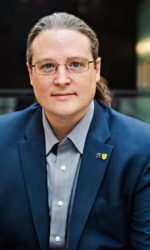
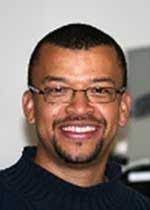
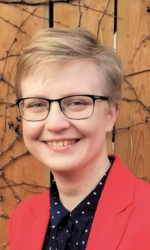
Kevin Hewitt & Anastasia Smolina | CAP EDI
Wednesday, June 9 @ 10:30 – 11:00 EDT
EDI Survey Presentation
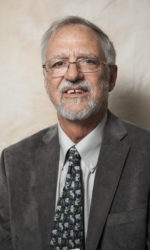
“Cancer and Light: How optical sciences and engineering impact cancer research and patient care”
The multiple interactions of light with biomolecules, cells and tissues enable established and emerging techniques and technologies used in cancer research and patient care. These approaches range from simple, point-of-care devices to complex, multifunctional platforms combined with complementary non-optical methods, including nanotechnologies, robotics, bioinformatics and machine learning. This seminar will use specific examples from current research to illustrate the biophysical and biological principles underlying the emerging fields of “onco-photonics” or “photo-oncology”.
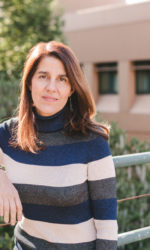
Alessandra Lanzara | University of California, Berkeley
Wednesday, June 9 @ 15:00 – 15:30 EDT
“Leveraging Local Symmetry Breaking to Engineering Novel Materials”
The 20th century has been dominated by the realization that symmetry and symmetry breaking influence the forces that govern our universe and are keys to much of the novel phenomena observed in materials today. Recently it has been realized that, even if the global symmetry of a system is retained, a local symmetry breaking can still drive a variety of novel fascinating behaviors. In this talk I will present the effect that local breaking of inversion, translational and rotational symmetry can have in defining fundamental properties of matter from topological phases to superconductivity and how it can be used as a tuning parameter to control novel properties in van der Waals heterostructures.
Catherine Harrison (NSERC), Sara Ellison (Physics Evaluation Group Chair) & Rituparna Kanungo (Chair, CAP-NSERC Liaison Committee)
Thursday, June 10 @ 10:00 – 11:00 EDT
NSERC Community Update
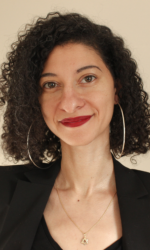
Chanda Prescod-Weinstein | University of New Hampshire
Thursday, June 10 @ 11:00 – 11:30 EDT

“Friction Stir Welding in the Aerospace Industry”
Abstract coming soon.
